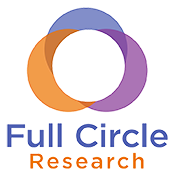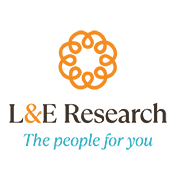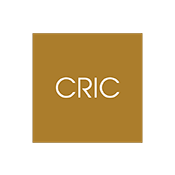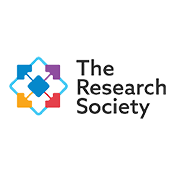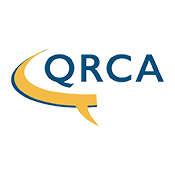 Learn to design research that produces the valuable insights for business decision-makers.
Learn to design research that produces the valuable insights for business decision-makers.
A research design is a well-defined plan for evaluating the external environment in which an organization operates. This course explains how to build that plan.
Snapshot
|
Format: Online Hours: 9 Credit: .9 CEUs When: Start anytime Cost: $329 -$359 |
After completing this course you should be able to:
- Lead a discussion with clients to define major business problems they are facing, and probe to discover obstacles, challenges, opportunities, and threats.
- Determine what the clients already know and what they must know in order to take the most informed actions.
- Identify appropriate secondary research and apply data analysis in defining the business problems and research objectives.
- Translate essential business problems into cogent research objectives that are tied to specific business actions and success criteria.
- Determine the appropriate level and depth of information required for decision-making, differentiating “nice-to-know” information from “need-to-know” information. Determine what is practical within the time and budgetary constraints
- Understand what business problems are “researchable” and which are not.
- Describe the processes and approaches to research design and methodology and how these may differ by region in global projects.
- Describe the role of primary and secondary data, the differences between them, and how they can be applied in a synergistic manner to address the business issues.
- Explain the differences between qualitative and quantitative methods, the types of business problems addressed with each, and how the boundaries between the types of methods are blurring.
- Identify and distinguish between the three basic research designs: exploratory, descriptive and causal.
- Create proposals that clearly articulate the business need/context for the research, research design and methodology, analytical processes, project milestones, costs, and timelines. Explain the relationship between cost and time variables and the research process.
- Discuss the ethical issues researchers face when developing a research proposal.
Who Should Attend?
- Entry-level researchers looking to learn about research design and how to select the approach that will satisfy business needs.
- Research sales teams seeking to understand decisions their clients face and to write better proposals.
- Experienced researchers looking to catch up with the latest developments.
- Corporations seeking professional development options for their internal training portfolio.
- Supplier-side researchers seeking courses for new-employee onboarding.
- Researchers who lead or contribute to project design.
- Analysts needing to understand the pros and cons of new research methods and technologies.
- Client-side researchers responsible for writing RFPs and evaluating proposals.
Course Information
0533-005
- Enroll at any time
- Complete the course's required graded components within 30 days
- For more details on How Does “Research Design and Data Identification” Course Work, please click on the downloadable file.
- For Frequently Asked Questions, please click on the downloadable file.
Online
$359 - Standard Fee
$329 - Association Discount (Members* of: Insights Association; ESOMAR; Canadian Research Insights Council, The Research Society, Intellus Worldwide, QRCA, AMAI, WAPOR-Latinoamérica, MRII Board of Directors, UGA MMR Advisory Board.)
$50 - One-Month Extension (only one extension is granted per participant)
*Membership will be verified.
Prepayment is required to be registered. The prices listed are per person (US Funds). Prices are subject to change.
 Susan Frede is a 30+ year market research veteran. Currently, she is the owner of Frede Research LLC and the Research Director at Aimpoint Research. She is focused on research design, survey writing, analysis, and reporting. Frede is a trusted advisor to clients, designing innovative yet practical research solutions to address business needs and strategic objectives. Versed in the art and science of research analysis and insight generation, she applies optimal techniques to inform better marketing decisions, delivering a compelling story and recommendations to stakeholders.
Susan Frede is a 30+ year market research veteran. Currently, she is the owner of Frede Research LLC and the Research Director at Aimpoint Research. She is focused on research design, survey writing, analysis, and reporting. Frede is a trusted advisor to clients, designing innovative yet practical research solutions to address business needs and strategic objectives. Versed in the art and science of research analysis and insight generation, she applies optimal techniques to inform better marketing decisions, delivering a compelling story and recommendations to stakeholders.














